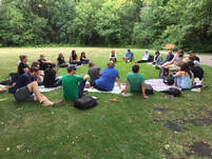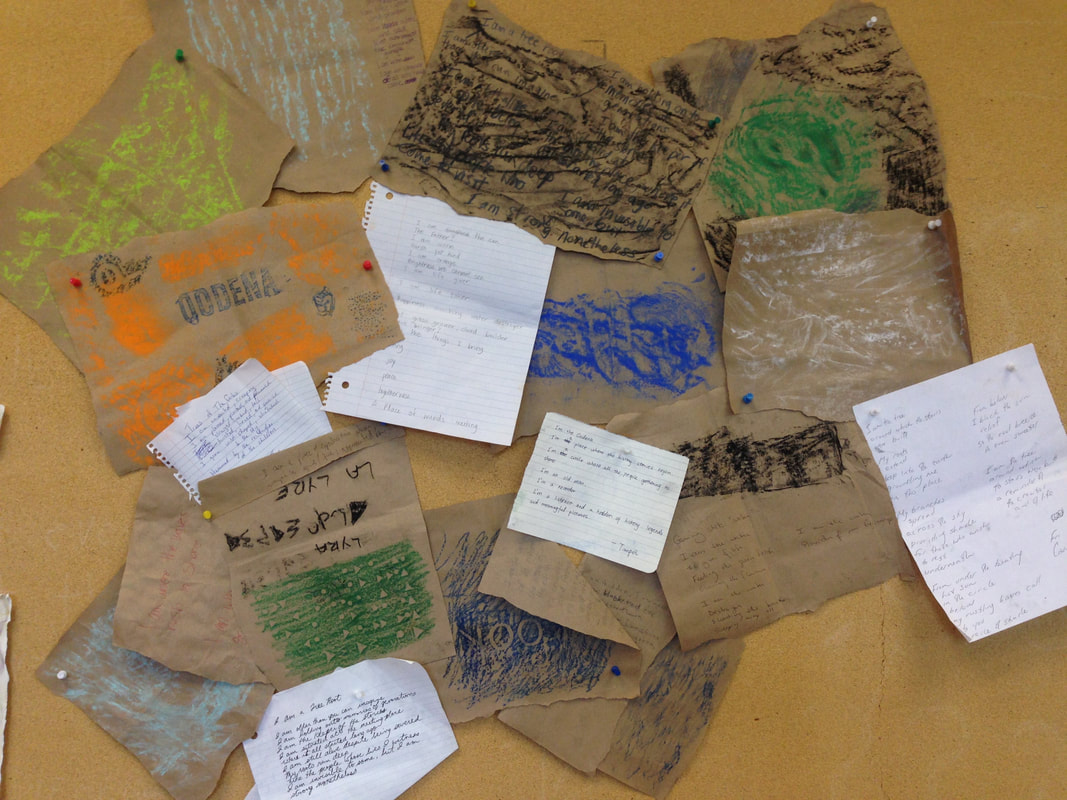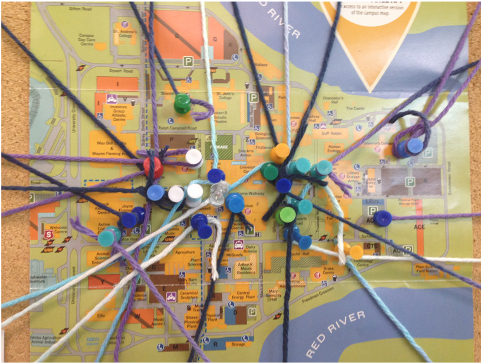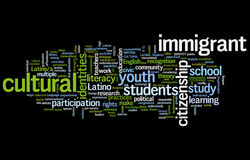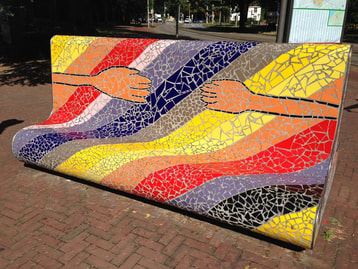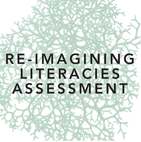
Re-Imagining Literacies Assessment
The Research in Renewing Literacies study revealed that assessment is a crucible of change: it may be the greatest challenge to, but also the greatest catalyst for, realizing more equitable, diverse, inclusive, and decolonizing approaches to teaching and learning. The goal of Re-imagining Literacies Assessment is to mobilize language and literacies education research for the purpose of: a) examining issues of power and (in)equity related to language and literacies curriculum, pedagogy, and assessment; b) proposing more equitable, inclusive, and decolonizing approaches through re-imagining, re-thinking, and re-conceptualizing language and literacies learning and assessment; and c) contributing to change in assessment policy and practices in language and literacies education. This one-year SSHRC-funded Connection project will achieve those goals through a 5-part Webinar Speaker Series featuring presenters and their research related to undoing, reassembling, liberating, righting, and decolonizing assessment. An Assessment Working Group of 12 educators will attend the webinars, engage with the speakers and research, and contribute to contextualizing the ideas for multiple audiences and contexts through In-Practice Papers, accessible research briefs that will be published on the Project Website and through professional networks. To further amplify the Webinar Presenters and their ideas, a series of Audio Podcasts (in conversation with the Working Group and hosts) will also be produced. Finally, a Forum will bring the Working Group together to inform the writing of an Assessment Manifesto to share clear, actionable principles for practice and policy in schools, divisions, faculties, and programs. Thus Re-imagining Assessment will bring together the people, ideas, and change needed to realize assessment as a catalyst for equity, diversity, and agency.
The Research in Renewing Literacies study revealed that assessment is a crucible of change: it may be the greatest challenge to, but also the greatest catalyst for, realizing more equitable, diverse, inclusive, and decolonizing approaches to teaching and learning. The goal of Re-imagining Literacies Assessment is to mobilize language and literacies education research for the purpose of: a) examining issues of power and (in)equity related to language and literacies curriculum, pedagogy, and assessment; b) proposing more equitable, inclusive, and decolonizing approaches through re-imagining, re-thinking, and re-conceptualizing language and literacies learning and assessment; and c) contributing to change in assessment policy and practices in language and literacies education. This one-year SSHRC-funded Connection project will achieve those goals through a 5-part Webinar Speaker Series featuring presenters and their research related to undoing, reassembling, liberating, righting, and decolonizing assessment. An Assessment Working Group of 12 educators will attend the webinars, engage with the speakers and research, and contribute to contextualizing the ideas for multiple audiences and contexts through In-Practice Papers, accessible research briefs that will be published on the Project Website and through professional networks. To further amplify the Webinar Presenters and their ideas, a series of Audio Podcasts (in conversation with the Working Group and hosts) will also be produced. Finally, a Forum will bring the Working Group together to inform the writing of an Assessment Manifesto to share clear, actionable principles for practice and policy in schools, divisions, faculties, and programs. Thus Re-imagining Assessment will bring together the people, ideas, and change needed to realize assessment as a catalyst for equity, diversity, and agency.
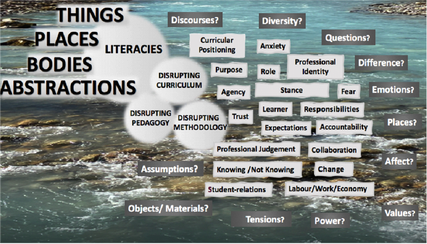
Research in Renewing Literacies: A SSHRC Partnership Engage Grant
The Research in Renewing Literacies (RRL) project is an innovative partnership with Manitoba Education and Brandon University designed to study the nature of the relationship between curricular and pedagogical change in English Language Arts. In this project, we've embraced a diffractive methodology responsive to the complex, messy, and organic sociomaterial phenomena of literacy curriculum and pedagogy in authentic classrooms and communities. The project has generated two publications, a new course, several presentations, and new work is in progress.The research study is funded in part by a Partnership Engage Grant from the Social Sciences & Humanities Research Council of Canada (SSHRC).
The Research in Renewing Literacies (RRL) project is an innovative partnership with Manitoba Education and Brandon University designed to study the nature of the relationship between curricular and pedagogical change in English Language Arts. In this project, we've embraced a diffractive methodology responsive to the complex, messy, and organic sociomaterial phenomena of literacy curriculum and pedagogy in authentic classrooms and communities. The project has generated two publications, a new course, several presentations, and new work is in progress.The research study is funded in part by a Partnership Engage Grant from the Social Sciences & Humanities Research Council of Canada (SSHRC).
Re-envisioning Teacher Education in After-School Spaces
This project explores how teacher candidates develop their understandings about teaching and learning through their participation in an afterschool program for students in Grades 5-10. The afterschool program is a large university-school-community partnership, bringing students from 60 schools to the University of Manitoba campuses each week. The innovative Academy program invites teams of teacher candidates to design and lead their own afterschool programs in areas where they have strong interests (e.g., geocaching, art, musical theatre, hip hop, American Sign Language, science, creative writing, dance, entrepreneurship, role-playing games, movie-making, sewing and textiles). As teacher candidates from across streams (early, middle, and senior years) co-plan, co-teach, and debrief together, the focus is on building a strong sense of community and belonging with the students, and creating a fun environment to learn and grow together. The program affords a unique opportunity to study the pedagogical and epistemological practices and beliefs of teacher candidates through their interactions with participating students and one another. The research utilizes participatory methodologies for reflective inquiry and pedagogical documentation, creating a space and community for teacher inquiry and collaborative research in the B.Ed program. Research related to this project has been published in Literacy Research: Theory, Method, and Practice; Journal of Adolescent & Adult Literacy, and in several book chapters.
|
